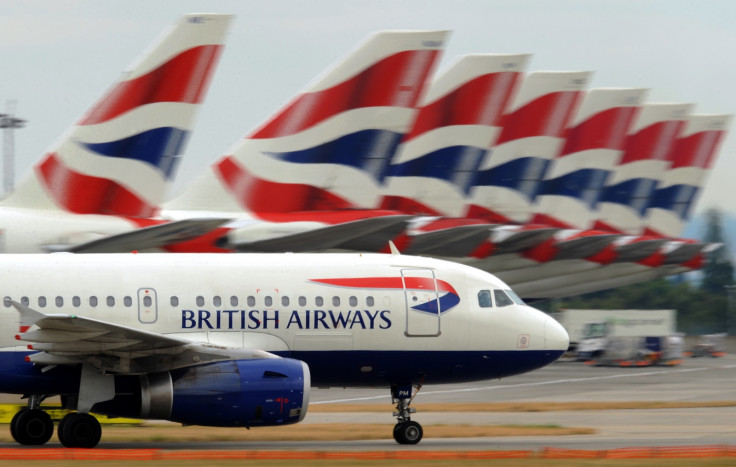Russian Ban on Western Flights Will Increase Cost of Asian Travel

The impact of any ban on western flights over Russian airspace will lead to higher prices for passengers, as airlines look for more costly, elongated routes.
Russia's Prime Minister Dmitry Medvedev has said the Kremlin is mulling a ban on EU and US carriers flying over Russia, meaning the common Trans-Siberian route to China, Japan and Southeast Asia will have to be swapped for flights via the Arctic or the Middle East and Central Asia.
The move would hark back to the darkest days of the Cold War, when Russia closed its airspace to western airlines. Already it has issued a ban on Ukrainian flights over the country.
EU carriers Air France, Lufthansa, KLM, British Airways and Finnair would be hardest hit, with analysts saying that some flights will be cancelled, meaning prices will be hiked on those that continue.
"Yields on flights from the EU to Asia have been under pressure since 2012. We expect, if Russia was to close up its airspace some of the flights would be simply cancelled. In such a scenario, there will be less capacity, less competition which would support prices.
"Those flights that will be continued to be operated would have to go longer distances, which would incur higher costs," said Ruxandra Haradau-Döser, an equity research analyst at French brokerage Kepler Cheuvreux.
Lufthansa has refused to comment on the potential economic impact, but has confirmed to IBTimes UK that it operates 180 flights over Siberia every week – more than any other European airline.
Currently, a direct flight from London to Tokyo with British Airways (leaving and returning in September) will cost £591. Flying with Air France from Paris will cost £674 return. From Berlin to Tokyo with Lufthansa today costs a minimum of £777. Passengers can expect these to increase in case of any ban.
Russia today issued a year-long ban on the import of a host of food products from the EU, US and Australia although any ban on flights has yet to be confirmed. Some suggest that a ban would be counterproductive, since Russian carrier Aeroflot pockets the tax incurred by western airlines for flying over Russian airspace.
"I'd question whether there'd be a full ban and how long it would last for," said Rob Byde of Cantor. "They'd be working against themselves because Aeroflot gathers a lot of fees, around $150m to $200m per year. It's more of a threat and if it actually happens it would be relatively short term."
The fees are reported to be 18% of Aeroflot's total revenue.
British Airways also refused to comment on "rumour and speculation" but said that flights are operating as normal over Russian airspace. A spokesperson confirmed that the carrier would have alternative routes to fall back on in the case of any ban.
Official EU statistics show that more than 19 million passengers flew between Russia and the EU in 2011.
© Copyright IBTimes 2025. All rights reserved.






















